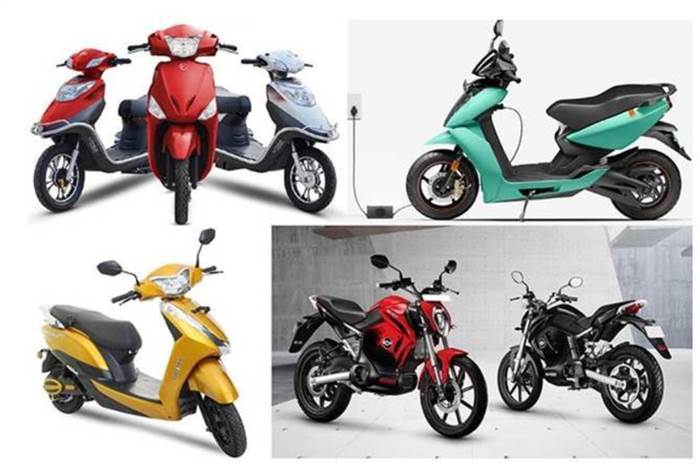During a recent industry event, Naveen Munjal, MD of Hero Electric, said that, at present, less than seven percent of all e-two-wheelers in India are financed, a primary reason being that the replacement value is not easy to calculate. Further, since the bulk of electric two-wheelers sold in India are low-speed ones and do not require registration, traceability becomes an issue for financiers.
Speaking at a virtual meeting at the Edelweiss vehicle e-series 2021, Munjal added that financing for the sector has improved in recent times due to the improving credit profile of many customers who opt for electric two-wheelers. In comparison, industry estimates suggest that roughly around 80 percent of all conventional IC engine powered two-wheelers owners in India get their vehicles financed through banks or Non-Banking Financial Institutions (NBFCs).
Dealer ROCE up from 19 percent to 44 percent
Munjal added that the electric two-wheeler dealer's Return on Capital Employed (ROCE) currently stands at about 19 percent for the first couple of years of opening a showroom. However, it spikes to 44 percent in over three years. This is thanks to much lower investment for a space of about 1,500-1,800 square feet, 4-8 staff and a break-even of just 10-15 vehicles per month. In comparison, a conventional dealership requires a higher investment of 6,000 square feet, with 40-80 people (including servicing mechanics) and a break-even of 125 vehicles per month.
Hero Electric targets 1,00,000 unit sales in FY2022
Hero Electric, a market leader in electric two-wheeler space is targeting 1,00,000-unit sales by FY2022. The company recorded sales of over 50,000 units in CY2020, the highest for any electric two-wheeler company in India. Hero Electric has announced plans to expand capacity at its manufacturing facility in Ludhiana, Punjab, from the existing 1,00,000 units per annum to 2,50,000. It has recently opened a distribution hub in Patna that can house over 2,500 scooters, making logistics and distribution easier for the East India market. The company, with its hybrid sales model, claims to have expanded its network to across 600 touch points covering 500 cities and towns across the country.
Hero Electric has installed about 1,500 charging points and plans to set up over 20,000 charging points across India by 2023. In the aftersales area, the company has trained 5,000 private garage owners and has a focus on educating 20,000 more private garage owners.
Growing competition
Hero Electric is likely to see growing competition in FY2022 and beyond. While Ather Energy is fast expanding its network across the country, and has also opened a new state-of-the-art manufacturing plant in Hosur, Ampere Electric is investing Rs 700 crore in a new EV plant in Tamil Nadu.




Comments
Member Login
Personal Details
No comments yet. Be the first to comment.